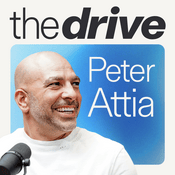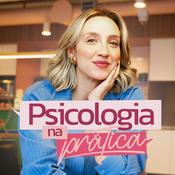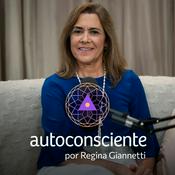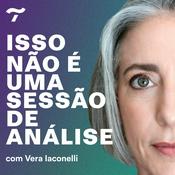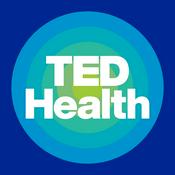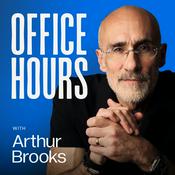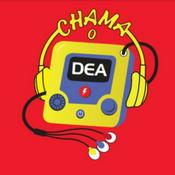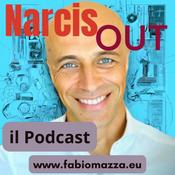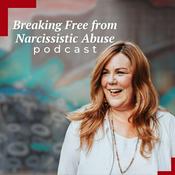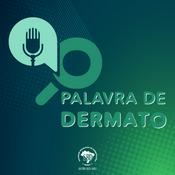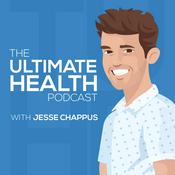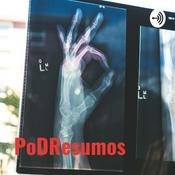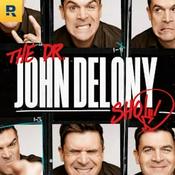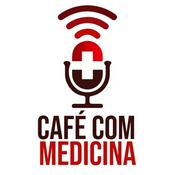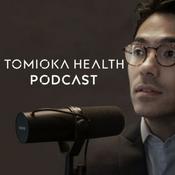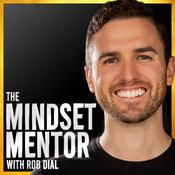139 episódios
- Joint pain is often brushed off as a normal part of aging – but pain that interferes with your daily life doesn’t have to be something you simply live with. In this episode, we talk with Una Makris, MD, MSc, a clinical rheumatologist, about the common joint conditions affecting older adults and what actually helps. From movement and weight management to nutrition and physical therapy, she shares practical, evidence-based strategies to reduce pain and protect your joints. Learn how small, sustainable lifestyle changes can support mobility, independence, and quality of life at every age.
Credits
Host: Neha Pathak, MD, FACP, DipABLM
Producer/Editor: Lauren Summers
Show Notes: Lauren Summers
Guest: Una Makris, MD, MSc
See omnystudio.com/listener for privacy information. Menopause and Hormone Therapy Explained (Part 2): Myths, Diagnosis, and Who Should Consider HRT
12/2/2026 | 31minIn part two of our menopause series, we unpack common myths and misinformation about perimenopause, menopause, and hormone replacement therapy. Many women are treated in fragments – this episode brings the conversation back into the exam room with practical, patient-centered guidance. We continue our conversation with Sharon Malone, MD, board-certified OB-GYN and chief medical advisor for Alloy Women’s Health, on how perimenopause is diagnosed clinically (often without definitive lab tests), which symptoms should raise red flags, and why HRT is never a one-size-fits-all yes-or-no decision.
Credits
Host: Neha Pathak, MD, FACP, DipABLM
Producer/Editor: Lauren Summers
Show Notes: Lauren Summers
Guest: Sharon Malone, MD
See omnystudio.com/listener for privacy information.Menopause and Hormone Therapy Explained (Part 1): Symptoms, Perimenopause, and Black Box Warning Changes
05/2/2026 | 38minIn 2025, the U.S. FDA removed the “black box” warnings from menopausal hormone therapy products – but what does that actually mean for patients? For decades, many women have navigated perimenopause and menopause with limited information, few effective options, and little validation of their symptoms. In part one of this two-part series, we speak with Sharon Malone, MD, board-certified OB-GYN and chief medical advisor for Alloy Women’s Health, about what happens during the menopausal transition, why symptoms can feel chaotic and unpredictable, and how misinterpretations of past research have shaped – and often restricted – women’s care.
Credits
Host: Neha Pathak, MD, FACP, DipABLM
Guest: Sharon Malone, MD
Producer/Editor: Lauren Summers
Show Notes: Lauren Summers
See omnystudio.com/listener for privacy information.- How does trauma shape identity, trust, and connection in relationships? In this episode, we spoke with Thema Bryant, PhD, author of Matters of the Heart: Healing Your Relationship with Yourself and Those You Love, to unpack how PTSD can show up in intimacy and everyday life through hypervigilance, shame, emotional overwhelm, and disconnection, and the pathways to healing. From safe relationships and self-compassion to community and spirituality, we look at how recovery happens over time. This is a conversation about naming harm, rejecting shame, and making space for growth, hope, and wholeness on the other side of trauma.
This episode includes discussion of sexual assault, trauma, and PTSD. Some listeners may find this content difficult or triggering. Please take care while listening, and consider reaching out for support if needed.
Credits
Host: Neha Pathak, MD, FACP, DipABLM
Guest: Thema Bryant, PhD
Producer/Editor: Lauren Summers
Show Notes: Lauren Summers
See omnystudio.com/listener for privacy information. - Perimenopause is the natural transition leading into menopause, marked by erratic fluctuations in estrogen and progesterone. These unpredictable shifts can trigger emotional, cognitive, and physical changes – often years before menopause officially begins. We spoke with Megan Spence, PsyD, PMH-C, a licensed clinical psychologist, about the whole-body experience of perimenopause, including mood and memory changes, the structural and social factors that place some groups at higher risk, available hormonal and non-hormonal treatments, lifestyle strategies that may help, and when – and how – to ask for support. Your symptoms matter, and you deserve informed, compassionate care.
Credits
Host: Neha Pathak, MD, FACP, DipABLM
Guest: Megan Spence, PsyD, PMH-C
Producer/Editor: Lauren Summers
Show Notes: Lauren Summers
See omnystudio.com/listener for privacy information.
Mais podcasts de Saúde e fitness
Podcasts em tendência em Saúde e fitness
Sobre Health Discovered
WebMD Chief Physician Editor Neha Pathak, MD, and Chief Medical Officer, John Whyte, MD, MPH, explore fascinating stories to find the unexpected things that help us understand our health.
Site de podcastOuça Health Discovered, Despertar Zen e muitos outros podcasts de todo o mundo com o aplicativo o radio.net
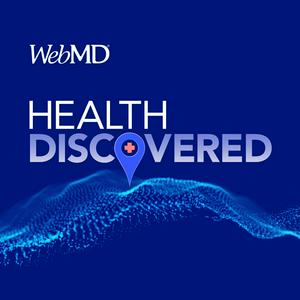
Obtenha o aplicativo gratuito radio.net
- Guardar rádios e podcasts favoritos
- Transmissão via Wi-Fi ou Bluetooth
- Carplay & Android Audo compatìvel
- E ainda mais funções
Obtenha o aplicativo gratuito radio.net
- Guardar rádios e podcasts favoritos
- Transmissão via Wi-Fi ou Bluetooth
- Carplay & Android Audo compatìvel
- E ainda mais funções


Health Discovered
Leia o código,
baixe o aplicativo,
ouça.
baixe o aplicativo,
ouça.



